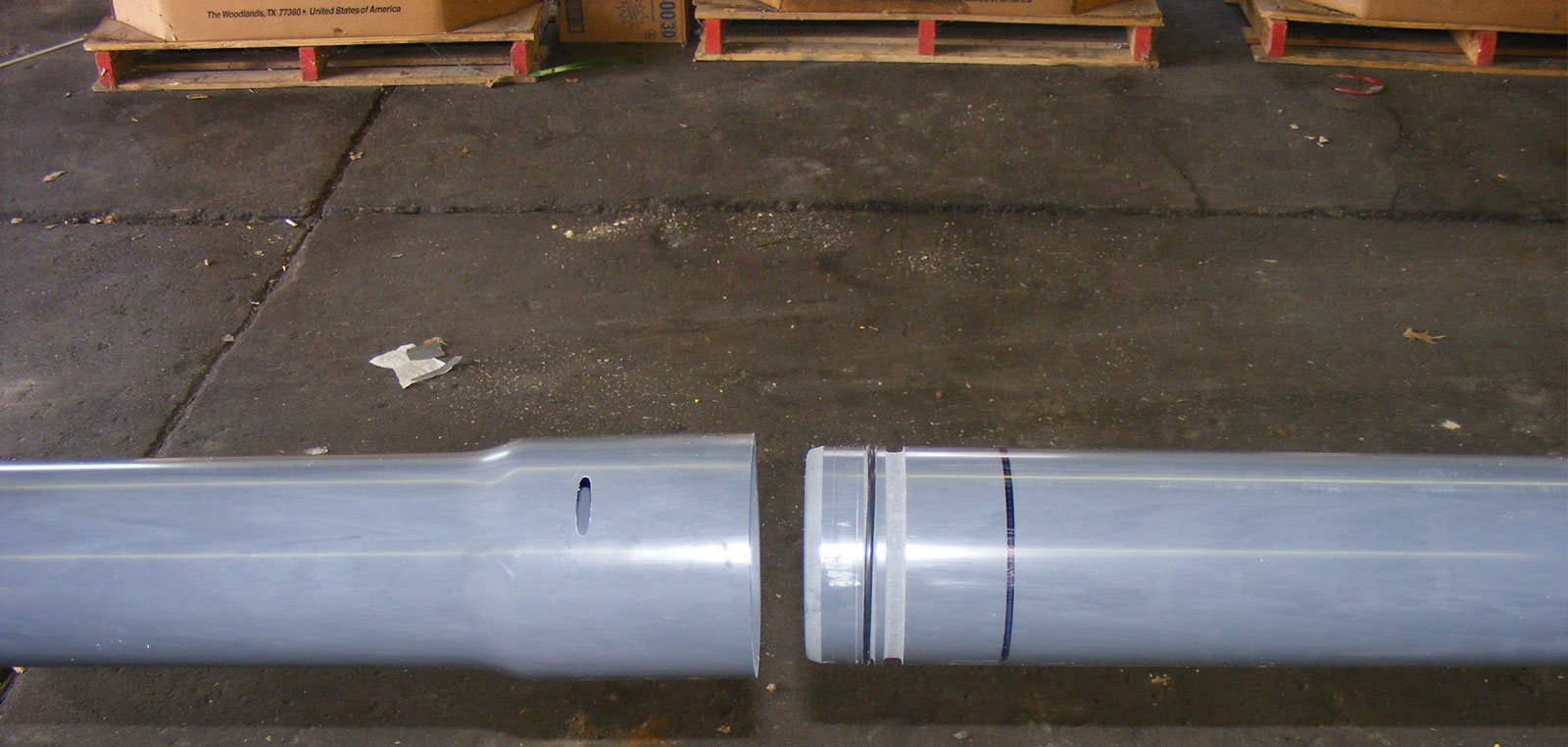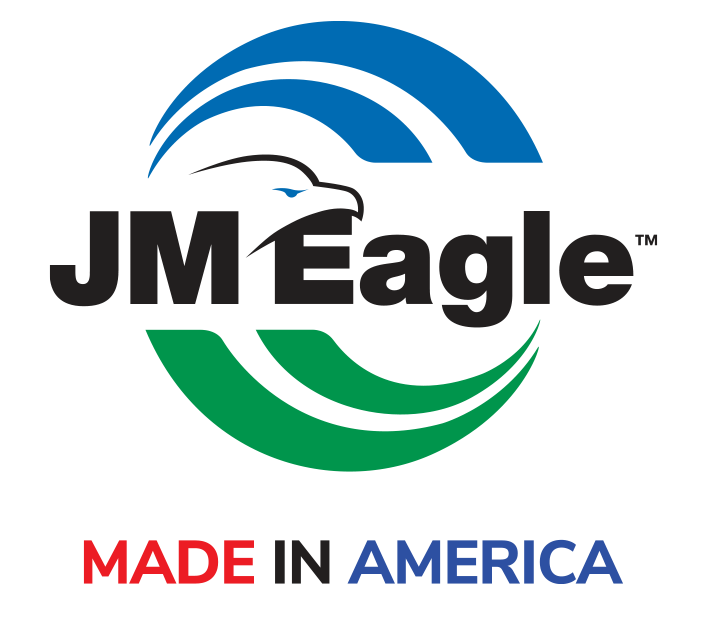
Massachusetts Decides Against Signing on to JM Eagle Lawsuit
Another Formal Declination is Latest Setback to Phillips & Cohen’s Unraveling Complaint Against Largest Pipe Maker
Los Angeles - June 8, 2010 — Massachusetts today filed papers with the U.S. District Court in Los Angeles declining to intervene in a lawsuit against JM Eagle, the world’s largest plastic pipe manufacturer. The formal declination by Massachusetts’ Attorney General continues a pattern of developments that has undermined the lawsuit brought on behalf of a fired ex-JM Eagle employee by the law firm Phillips & Cohen LLP.
In the complaint, 11 states and the District of Columbia were initially named by the plaintiff’s counsel as “real parties in interest” – a listing that essentially invited those states and D.C. to join, or “intervene,” in the lawsuit. Only four states have chosen to do so while California, where the lawsuit was filed, Florida and now Massachusetts have formally declined to intervene, leaving just four states and D.C. still to decide. These decisions by three major states support the growing perception that the case against JM Eagle is unfounded.
In addition, the U.S. government, in whose name the suit was filed, conducted an intensive three-year investigation of JM Eagle’s products and quality-control processes, and declined to join the case in February. Federal statistics show that 94 percent of these kinds of lawsuits are dismissed when the U.S. government chooses not to get involved.
"We are pleased and gratified that Massachusetts has agreed with a growing number of governmental entities and decided not to be a party to this baseless lawsuit," said Neal Gordon, JM Eagle's vice president of marketing. "We are confident that when more states and local governments learn about the facts of the case, they also will be reluctant to intervene."
JM Eagle vigorously denies the lawsuit’s allegations about the quality of its pipe. A few points in addition:
* Results of recent tests by the independent Jana Laboratories confirm the quality and reliability of JM Eagle PVC pressure pipe - both currently and during the period covered by the lawsuit. The lab conducted the tests on pipe from the same batch provided to the federal government for its own inquiry. The company’s pipe has been certified by the industry- standard certification bodies NSF International and UL to meet all long-term strength requirements. In addition, the number of claims against the company’s pipe over the last 10 years was miniscule - at a rate of less than one-tenth of one percent and most of those claims related to installation or other non-manufacturing errors.
* In a serious blow to the central claim in the lawsuit, one of the plaintiff’s key witnesses denied in a sworn statement ever saying that JM Eagle intentionally compromised the quality of its pipe. After reading quotes from the Second Amended Complaint that were falsely attributed to him by Phillips & Cohen, Brian Wang, a long time plant manager, gave a sworn affidavit claiming the falsity of the quotes. Wang denied under oath that JM ever sacrificed pipe quality by using cheaper ingredients, speeding up production or failing to replace parts on extruders. Wang, who is the most senior JM Eagle employee listed in the lawsuit’s Second Amended Complaint, worked for J-M Manufacturing - now JM Eagle - from 1984 to June 2006, including as a plant manager at three of the company’s 22 plants.
* JM Eagle has spent more than $350 million in the last 15 years to deploy the most modern manufacturing practices and equipment available to ensure that its products set the standard for superior quality in the plastic-pipe industry. The company recently announced a capital-improvement project budgeted at $20 million to further improve its manufacturing facilities this year alone.
* In addition to its own rigorous in-house testing,
JM Eagle is subjected to more than 400 unannounced audits and inspections each year across its 22 plants, conducted by reputable, independent agencies including Underwriters Laboratories, NSF, Factory Mutual (FM), International Association of Plumbing and Mechanical Officials (IAPMO), Canadian Standards Association (CSA) and International Organization for Standardization (ISO).
* JM Eagle recently announced an unprecedented 50-year warranty against manufacturing defects for its pipe products. This warranty-unmatched by any other pipe manufacturer-is a significant first step toward rebuilding the nation’s crumbling infrastructure and proof the company stands 100 percent behind its pipe.
* Vendors providing various raw materials and equipment have issued letters verifying the quality of the products used by JM Eagle in the manufacturing of its plastic pipes. All plastic pipe manufacturers use the same raw materials to make their products. This is in direct opposition to claims made in the lawsuit, which alleges that inferior supplies were used in order to trim costs.
* There is clear evidence that John Hendrix, the fired ex-employee who brought the lawsuit, was also the architect of a kickback scheme to defraud JM Eagle. The company has a sworn affidavit confirming that he offered to inflate a claim in return for money to be sent directly to his home. Also, after Hendrix was fired, he was caught impersonating a JM Eagle employee in an unauthorized attempt to acquire JM Eagle proprietary test results from a certified lab, offering to pay with his personal credit card.
* A diverse coalition of civil rights and community organizations, including the Anti-Defamation League, the Mexican American Legal Defense and Education Fund and the Asian Pacific American Legal Center (APALC) cosigned a letter expressing outrage over racially insensitive language contained in the complaint about the ethnicity and nationality of JM Eagle’s employees and leaders. APALC also sent a letter to Phillips & Cohen’s named partners demanding that they withdraw the irrelevant and offensive references from the lawsuit immediately. In a condescending and insulting reply to the request, Phillips & Cohen refused to drop the needless race-baiting language. Their insensitive refusal is proof of Phillips & Cohen purposefully putting racial intent into the lawsuit.
For further details about the warranty and the qui tam case, please visit Quality Assurance.
